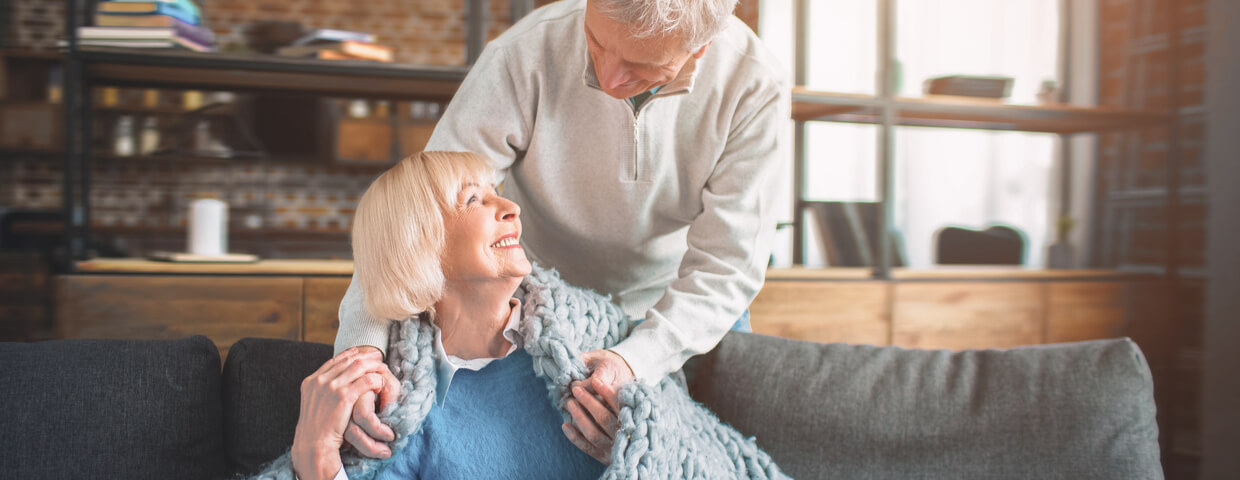
If you are caring for someone after open-heart surgery, or if you are preparing for your own recovery, here are some tips and things you need to know to help you take ownership of the recovery process and help shape the very best outcome.

If you are caring for someone after open-heart surgery, or if you are preparing for your own recovery, here are some tips and things you need to know to help you take ownership of the recovery process and help shape the very best outcome.

Heart Disease is the leading cause of death in both men and women in the United States, and while most of us know that we should be eating right and exercising to reduce our risk, what are some not as well-known ways to get heart healthy?
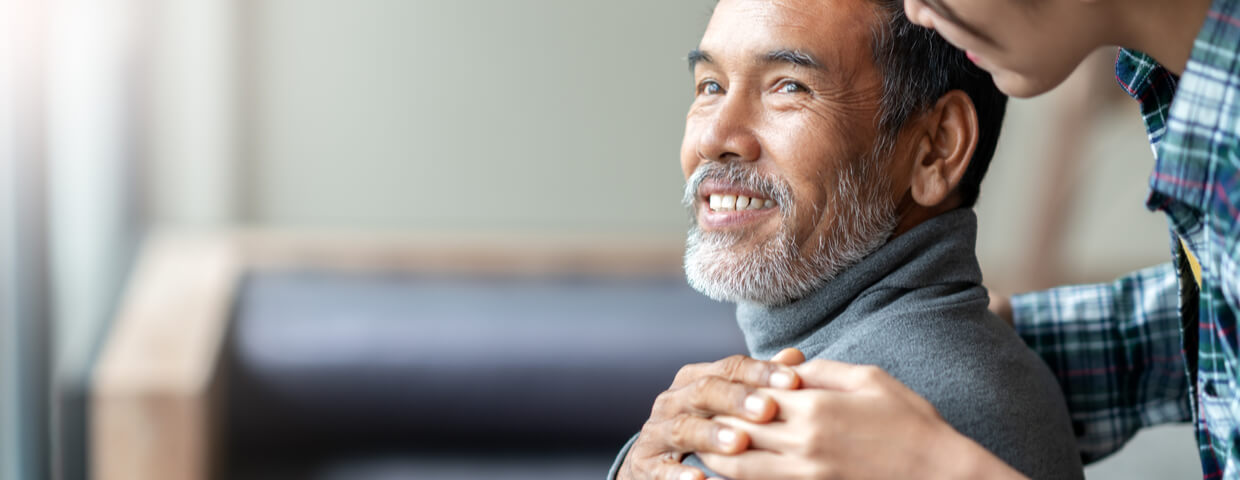
When a loved one has had heart surgery, it can be a frightening time for both the patient and for you. There are a lot of things that your loved one will simply not be able to do for a while. There are also many types of support your loved one will need to get through the heart surgery recovery period. It's important to be there for your loved one so that this time goes smoothly.
Here are specific ways your loved one can use your help post-surgery.
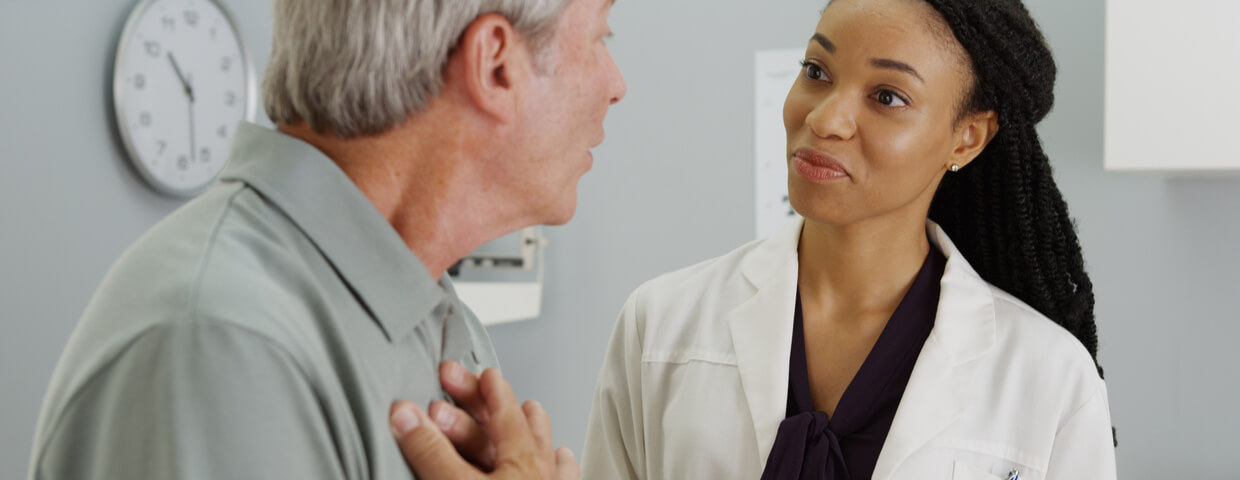
The number of heart-related surgeries has increased in recent years. However, the recovery time and risk of potential postoperative complications remain the same. Healthcare professionals are increasingly turning to sternum support devices to reduce some of the risks of complications. This relatively simple device helps patients to recover quicker and experience fewer issues.
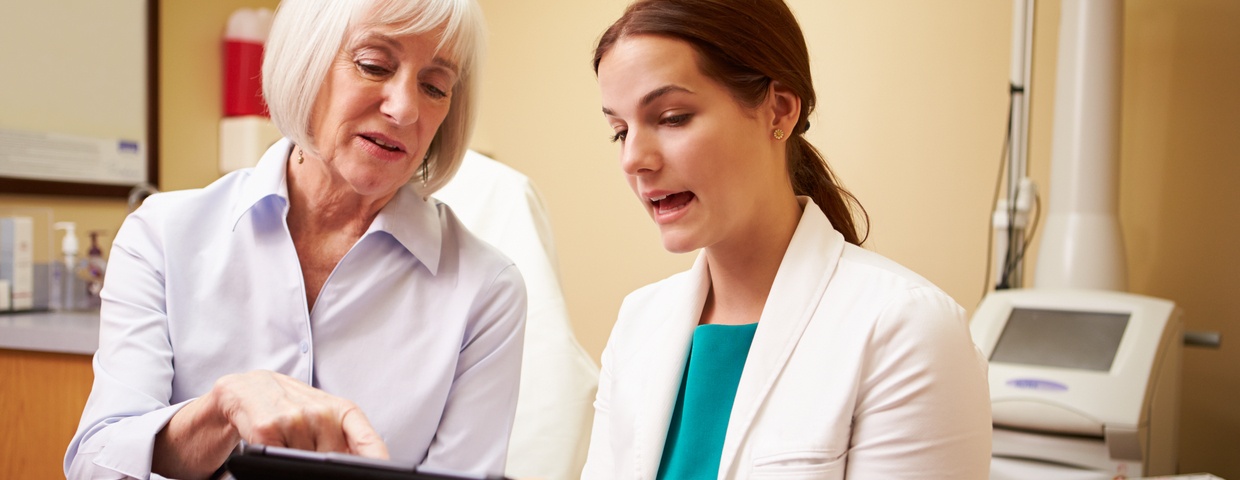
Widely utilized for cardiac patients, heart pillows are a tool that is commonly used. Although they may be comforting for cardiac patients, there is no concrete evidence proving that the device helps them heal. Operating almost like a placebo, these devices cost hospitals an awful lot of money to give to cardiac patients.
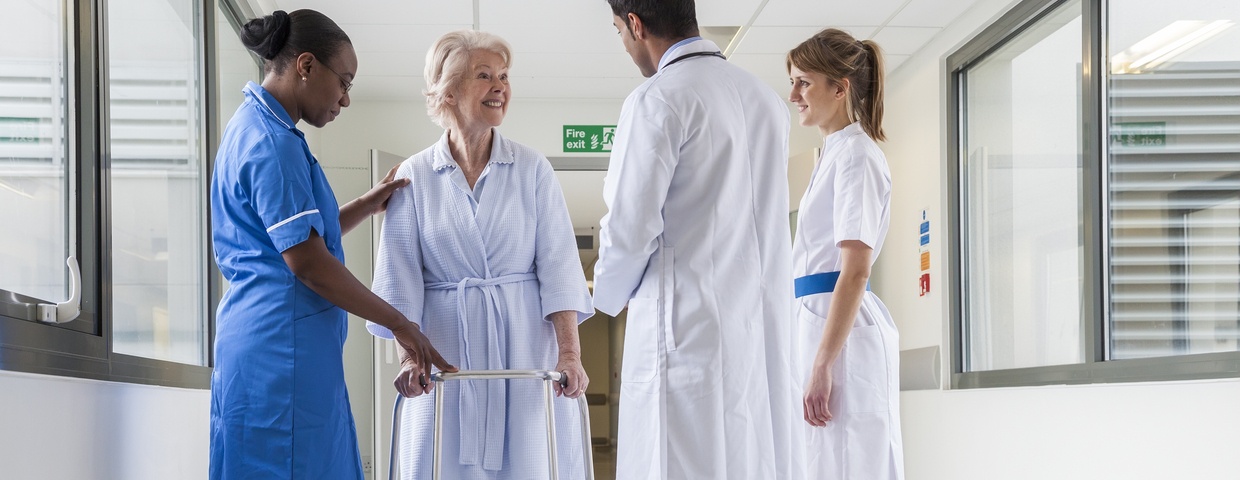
Heart pillows are a common tool widely used for cardiac patients. They can be comforting, but there is no evidence that they actually help cardiac patients to heal. They also cost hospitals a lot of money for something that is a placebo. As a matter of fact, these pillows can lead to infections when they are taken to different places and exposed to a lot of surfaces. They also can't act as any constant support, as the patient has to hold one in place.
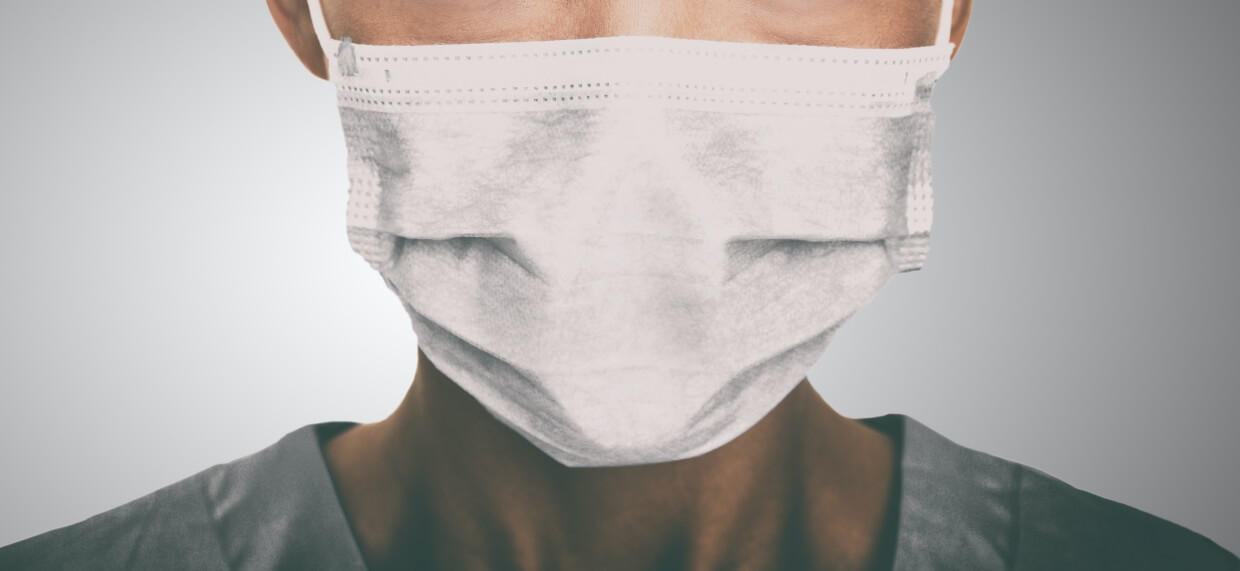
The pandemic has caused plenty of concern for individuals with underlying illnesses, especially individuals who suffer from heart disease and have a higher risk. In recent studies, it's been revealed that the strength and health of one's heart plays a large role in their body's ability to fight COVID-19.
One study out of Wuhan, China, revealed that 27.8 percent of hospitalized COVID-19 patients suffered heart damage. Additional research has popped up from Europe and the United States that reinforces this connection. Let's look at what that means for patients.
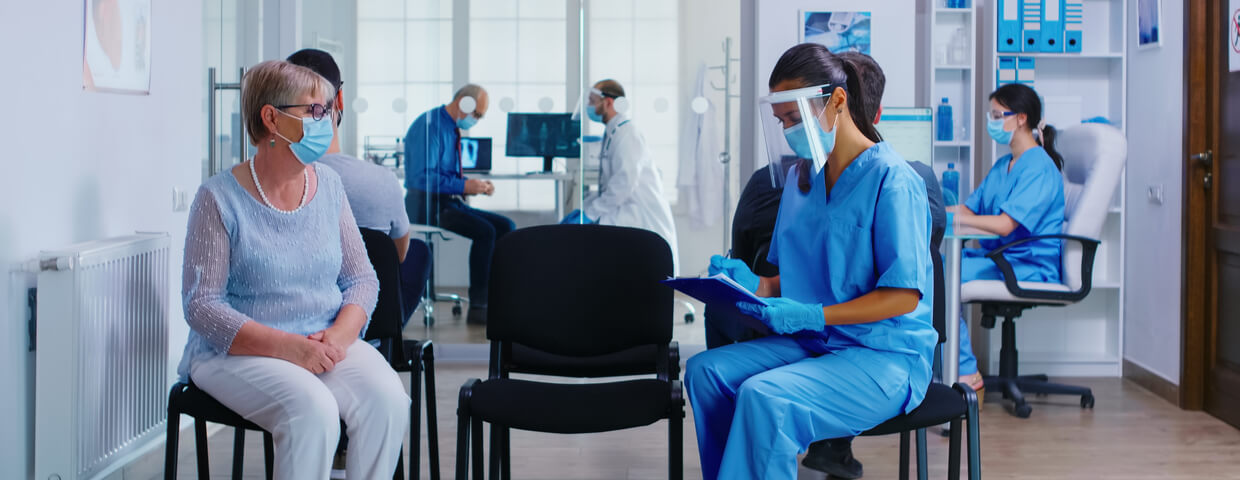
The COVID-19 pandemic has impacted everyone. There are countless hospitals that are struggling to handle the demand for their services on both the outpatient and inpatient side. As a result, it is important to prioritize both hospital safety and patient safety during this time. With this in mind, there are a few steps that all healthcare professionals within hospitals should be taken to ensure that their patients, staff, and visitors are safe from harm.

You might have heard that one of the most common complications that could arise from COVID-19 involve your heart.

Protecting your heart and staying healthy should be a priority for everyone. Why? Because heart disease is the leading cause of death in men and women across the United States. That's a heavy reality and is not one that should be taken lightly. But the good news is that it's actually much easier to live a heart-healthy lifestyle than you might think!